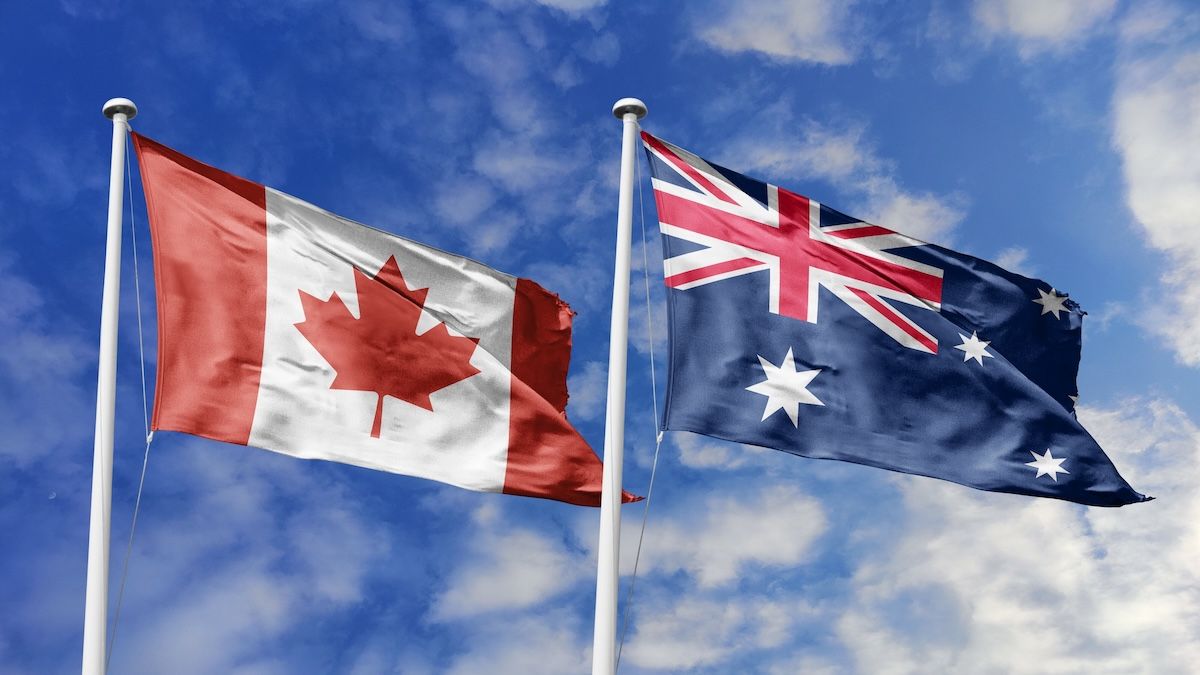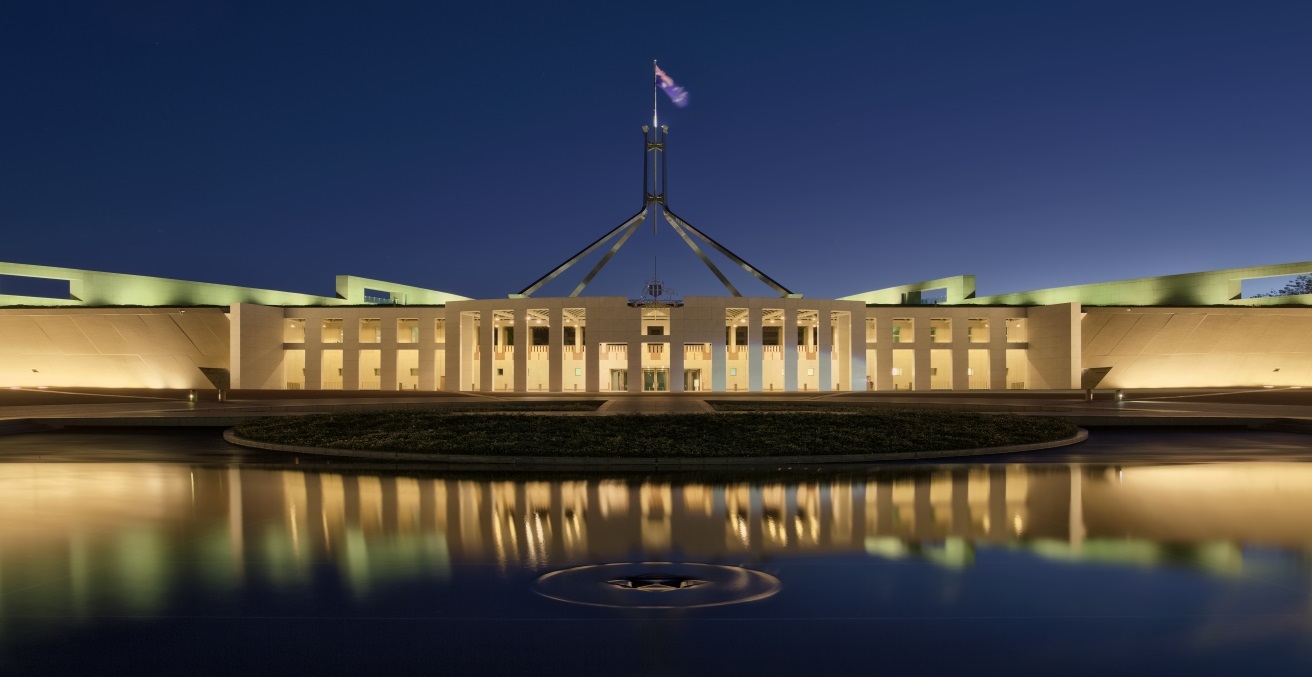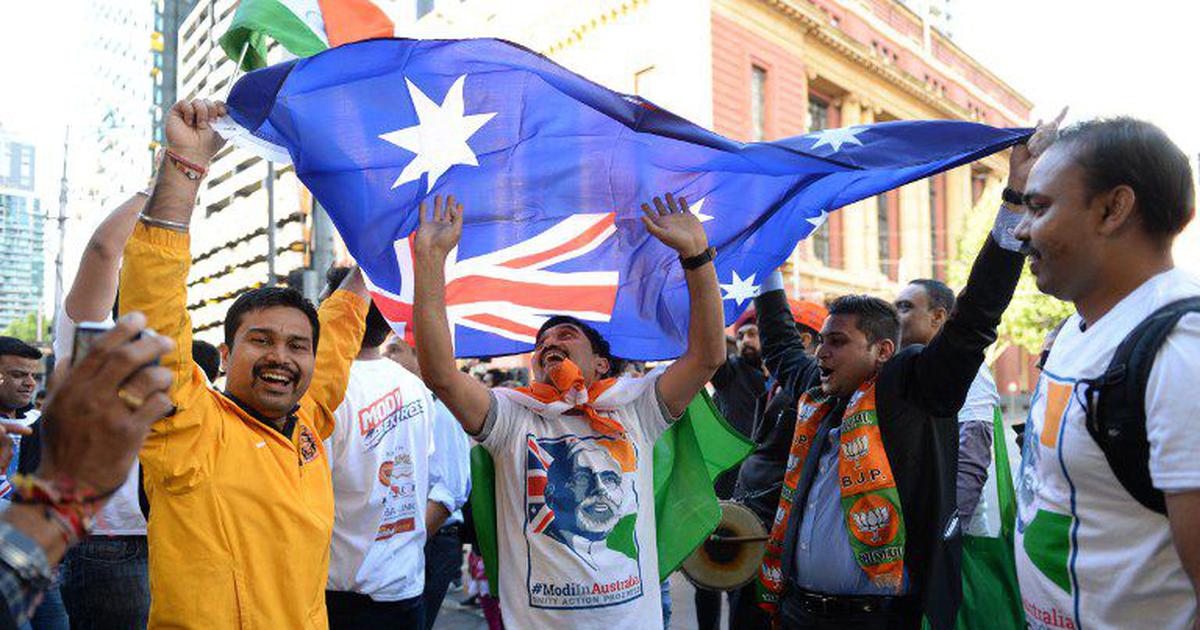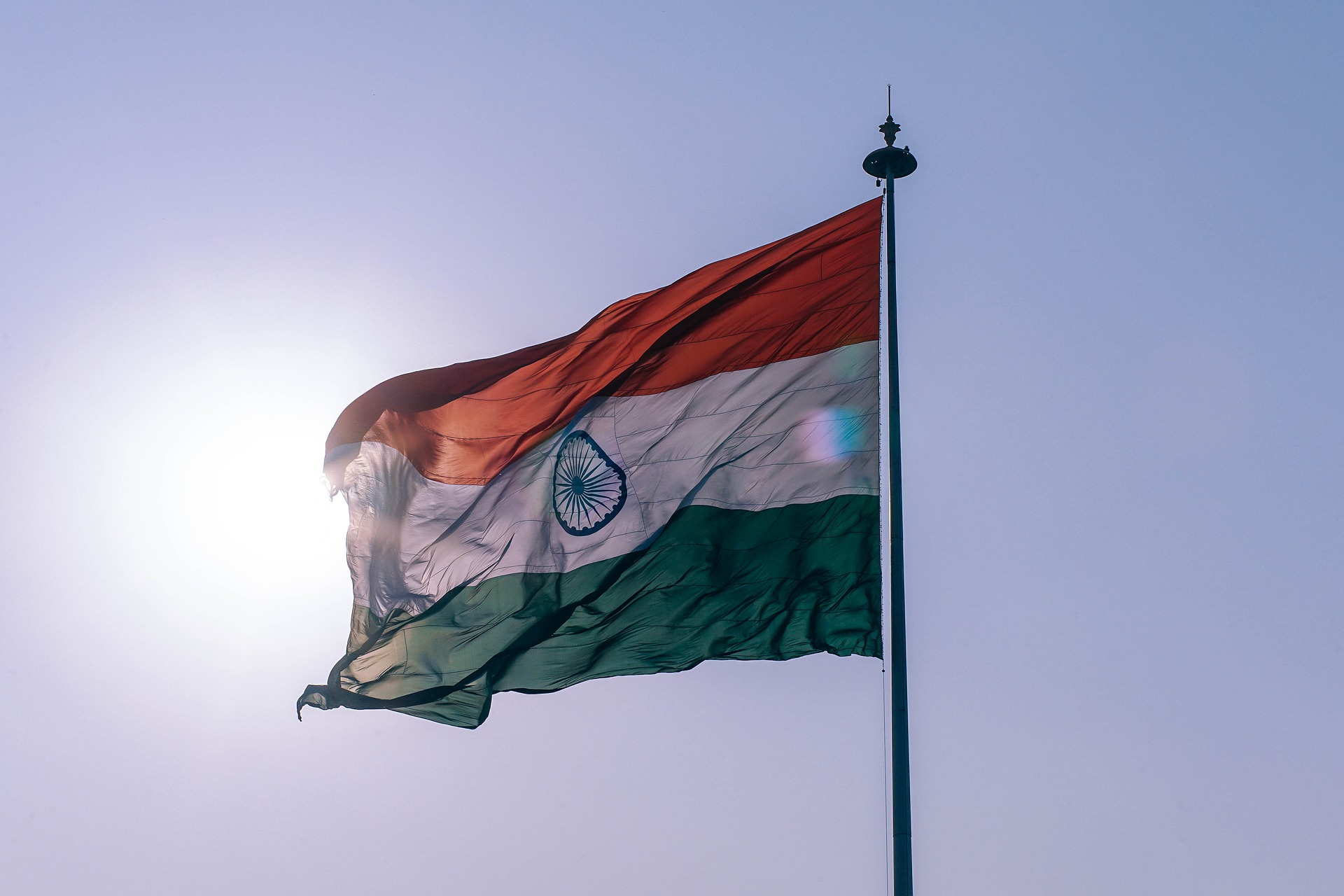Prime Minister Carney and Prime Minister Albanese have been entrusted with more than just the leadership of their countries; they have been tasked with defending the delicate balance between liberal democracy and the rise of illiberalism.
On the eve of the September 1996 elections in Bosnia, meant to restore civic life to the region, the American diplomat Richard Holbrooke pondered: ”Suppose the election was declared free and fair,”, and those elected are ”racists, fascists, separatists, who are publicly opposed to [peace and reintegration]. That is the dilemma.”
Democracies possess both liberal and democratic components, and while liberalism is linked to our notion of liberal democracy, democratic consolidation does not guarantee liberal consolidation. Today, authoritarian-minded leaders, from Hungary and Turkey to India and Brazil, flaunt democratic credentials while seeking to curtail minority rights and political competition.
The dilemma Richard Halbrook contemplated now threatens his own homeland. The American notion of liberal democracy as a “shining city on the hill”, with Make America Great Again (MAGA) and protected by democratic liberalism, is being laid bare to its own propensity for illiberalism. America appears to be charting an authoritarian-minded future flaunting democratic credentials while seeking to curtail minority rights and political competition. According to Staffan Lindberg, director of the V-Dem Institute, “If it continues, the United States will not score as a democracy when we release [next year’s] data.”
Despite all they offer, liberal democracies were the least common regime type in 2024, with nearly 3 out of 4 persons (72 per cent) living in autocracies. This is Karl Popper’s paradox of tolerance – that unlimited tolerance ultimately destroys tolerance itself.
As early as 2017, the PEW Research Centre found alarming support for unconstrained executive power across the globe. In 20 countries, a quarter or more of those polled believed a system in which a strong leader could make decisions without interference from parliament or the courts would be a good form of government. Roughly a quarter of people (median of 23 per cent) across 38 countries surveyed were committed democrats while twice as many (median of 47 per cent) were less-committed democrats. Australia was the only country outside of North America and Europe where at least four-in-ten were categorised as committed democrats.
According to the Democracy Report, liberal democracy has declined to its lowest level in over 50 years, with fewer democracies (88) than autocracies (91).
Two issues confront liberal democracies. On the one hand, discontent driven by what are perceived as excessively liberal policies related to immigration, religion, economics, and culture, prompting a nostalgic recollection of a preferred past. And on the other hand, what are perceived to be the failures of the rules-based international system (RBIS).
America’s illiberalism reflects a larger reaction to demographic transformation wherein a native constituency of people, defined by race, ethnicity, and/or religion, faces the prospect of becoming a Minority in the Majority; and a nostalgic recollection of an earlier America that privileged its majority over minority groups.
Alba, Myers, and Levy observe that the majority-minority narrative has bolstered white anxiety and resentment of supposedly ascendant minority groups, turning people against democratic institutions, which many conservatives consider complicit in an illegitimate minority empowerment.
The assault on voters’ access to the ballot, election manipulation, legislative gridlock, executive overreach, and the elimination of diversity, equity and inclusion, and birther rights is not a uniquely American phenomenon; it is manifest in countries across the Western world.
Canada and Australia are not immune to the forces catalysing illiberalism. According to IPSOS Global Trends, 62 per cent of Canadians and 61 per cent of Australians, both above the global average of 57 per cent, would like to see their country the “way it used to be”.
Eric Kaufmann, in Whiteshift: Populism, Immigration, and the Future of White Minorities, notes the data is clear: demography and culture, rather than economic and political developments, hold the key to understanding the populist movement. And as Zack Beauchamp in White Riot observes, although far-right party platforms differ from country to country on major social issues, one issue every single one agrees on is hostility to immigration.
The second challenge confronting liberal democracies is the legitimacy of the RBIS.
RBIS is perceived as unfair, impartial and exploitative. The Sustainable Development Goal (SDGs), the Geneva Conventions, and the Universal Declaration of Human Rights perceived as rhetorical addenda to the realpolitik of the interests of the powerful and privileged.
For those excluded from the U.N. Security Council, order is not about rules as much as about preserving the club’s capacity to shape the rules on its own terms. Who gets to be in the nuclear club? Whose proportionality of retaliatory military engagement is deemed defensible? Whose assessment of imminent threat justifies peremptory military offensives? When and which offenders of human rights are brought to justice, and which war crimes or crimes against humanity are held accountable? The divide between the global north and the global south on the recognition of a Palestinian State, for instance, has been a significant challenge to the legitimacy of the liberal values of an RBIS.
According to the International Consortium of Investigative Journalists (ICIJ), over the last decade, projects funded by the World Bank have physically or economically displaced an estimated 3.4 million people, forcing them from their homes, taking their land or damaging their livelihoods. According to the ICIJ, the World Bank and its lending arm have financed governments and companies accused of human rights violations, including rape, murder and torture.
This for many in the Global South represents the equivalent of a majority-minority manipulation by the developed North.
As Philippe C. Schmitter notes, when citizens examine what discontents them most about the performance of their “real-existing” democracies, they tend to focus attention on the liberal (and not the democratic) characteristics of these regimes.
Spanish President Pedro Sánchez, during a talk titled “In Defence of Democracy: Fighting Extremism”, warned, “Liberal democracy has proved insufficient and has frustrated the expectations of millions. It has become nothing more than a ritual we repeat every four or five years. A model that works for big business and abandons workers to their fate is not democratic. A system that privileges white men and fails black women is immoral. Plenty for the few and hunger for the many in the 21st century is the gateway to totalitarianism. Our fight is to ensure that democracy is once again perceived as the most effective way of winning and enforcing rights,” he declared, adding that democracy is going through its most critical moment since World War II.”
Prime Minister Carney and Prime Minister Albanese have been entrusted with more than just the leadership of their countries; they have been tasked with defending the delicate balance between liberal democracy and the rise of illiberalism. Both must confront two monumental challenges in dismantling the divisive taxonomy of grievances driving illiberalism and eroding liberal democratic legitimacy. Both must find strike the right balance between preserving normative social cohesion with graduated immigration, and re-establishing legitimacy, trust, and participation in global institutions for a rule-based international order.
Anil Anand is an independent Canadian policy researcher and author with extensive experience in law enforcement, security, and social justice.
This article is published under a Creative Commons License and can be republished with attribution.





